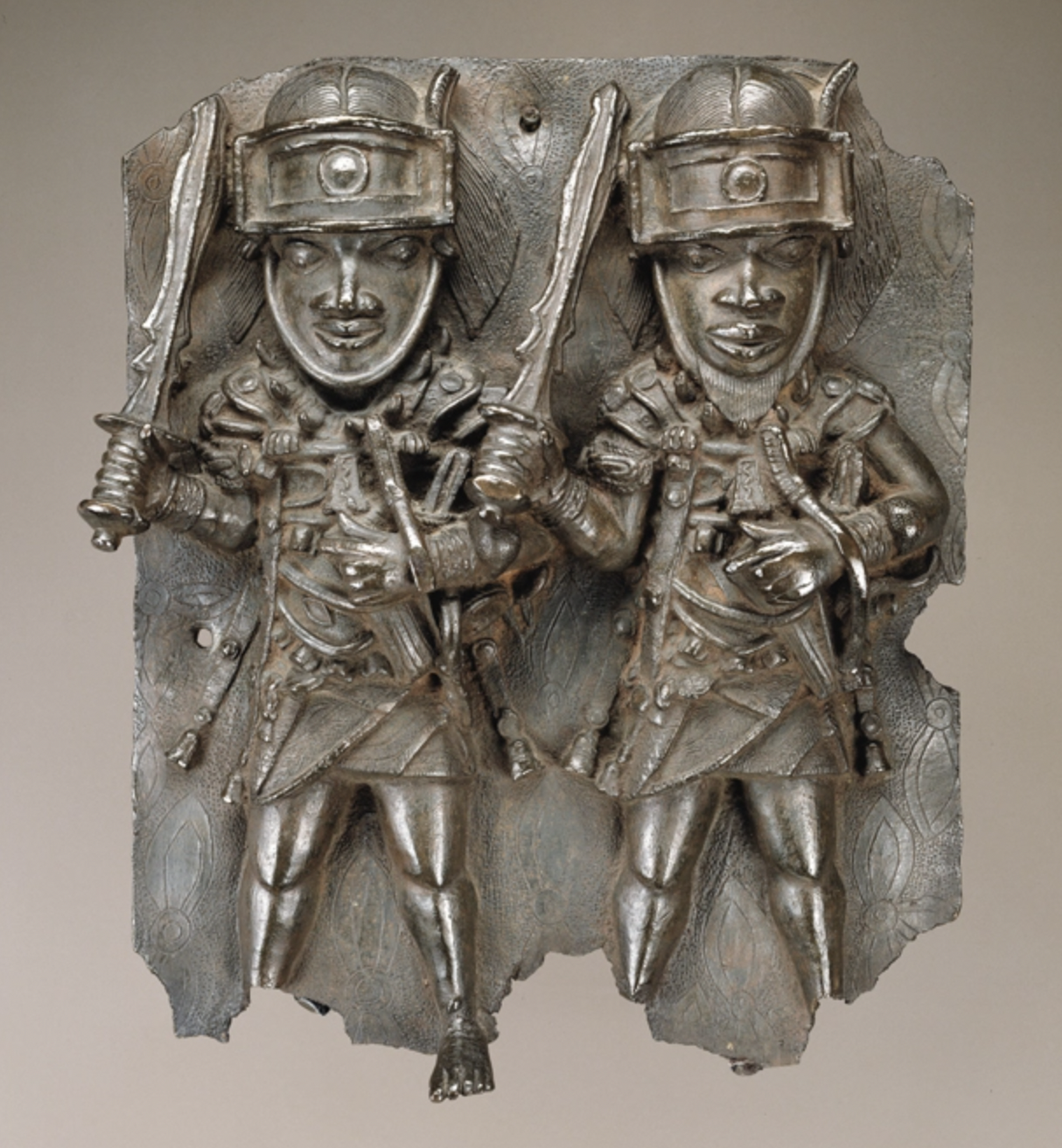Smithsonian to Return Most of Its Benin Bronze Collection to Nigeria

The Smithsonian Institution, one of the world’s largest cultural organisations, stated on Tuesday that it deliberated to return most of its assortment of Benin Bronzes to Nigeria.
The Smithsonian Institution, one of the world’s largest cultural organizations, stated on Tuesday that it deliberated to return most of its assortment of Benin Bronzes to Nigeria, a sweeping transfer that might punctuate a month’s long institutional assessment of its assortment practices and the ethics behind them.
The Smithsonian has a set of 39 Benin Bronzes, a reputation that’s used to cowl a range of artifacts starting from brass plaques, carved elephant tusks, ivory leopard statues and wood heads. Many had been stolen from what’s now Nigeria through the British Army’s 1897 raid on the traditional Kingdom of Benin.
A spokeswoman for the Smithsonian, Linda St. Thomas, stated most of the 39 items can be returned. But she stated it was not clear precisely what number of of the bronzes had been linked to the 1897 raid and that it was doable some items within the museum’s assortment had totally different possession histories.

The announcement comes 5 months after the top of the Smithsonian’s National Museum of African Art, Ngaire Blankenberg, stated that she had eliminated its Benin Bronzes — extra formally often known as Benin Kingdom Court Style artworks — from show on the museum.
Officials cautioned that the Smithsonian Board of Regents should approve the deaccessioning of any objects earlier than they are often despatched away.
The Smithsonian’s plans was first reported by The Washington Post.
“The wonderful thing about this kind of work is it’s not about a transaction, it’s about a relationship,” stated Kevin Gover, the beneath secretary for museums and tradition on the Smithsonian, highlighting the collaboration between the establishment and the Nigerian authorities.
The case of the Benin Bronzes, Gover stated, is “the most visible example of the kinds of situations where we should consider the return of these items.”
The Smithsonian has authorized title to personal the objects, which officers stated had come into the Smithsonian’s assortment principally by way of donations over a few years. It plans to quit possession of the objects and ship the items to Nigeria on the Smithsonian’s expense.
At least some of the artworks could finally be displayed at a museum in Benin City, Gover stated. But some of the works are probably to return to or stay in Washington on a long-term mortgage from Nigeria, St. Thomas stated.
The repatriation of the artworks is an element of a broader settlement between Nigeria’s National Commission for Museums and Monuments and the Smithsonian. Under the settlement, St. Thomas stated, the cultural establishments would share exhibitions and work collectively on education schemes in Nigeria.
Nigeria’s National Commission for Museums didn’t instantly reply to a request for remark.
The return of the bronzes can be the primary deliberate repatriation beneath what Smithsonian officers say shall be its new coverage of moral returns. Officials stated that for a couple of yr, a working group had sought to reassess how the Smithsonian considered which artworks ought to be half of its collections and which shouldn’t. An up to date collections coverage is anticipated to be launched in April.
“The museum field has been moving in this direction,” Gover stated, of “considering our responsibilities for these collections but also our responsibilities to the communities where they originate.”
“We’ve long been entirely comfortable that if we had legal title to an object, then certainly we were entitled to keep it and care for it,” he stated. But now, he added, “we’re going beyond legal title and asking, should we own this, knowing the circumstances under which it came into our ownership?”
Since the 1897 raid, 1000’s of objects have been scattered by way of museums and personal collections around the globe. And Nigeria’s artists, historians, activists and royals have been in search of for many years to get the items again.
But there has, at instances, been resistance from establishments which have variously insisted that they had been both not empowered to return artworks or that sustaining their international collections is in the most effective curiosity of broad audiences.
Momentum to return the Benin Bronzes has gained steam in recent times as conversations about racism and the legacy of colonialism have proliferated.
Last April, Germany stated it will return a “substantial” quantity of Benin Bronzes. Two months later, the Metropolitan Museum of Art introduced that it will return two brass plaques from its assortment and that it had brokered the return of a 3rd object that had been provided to the museum on the market.

